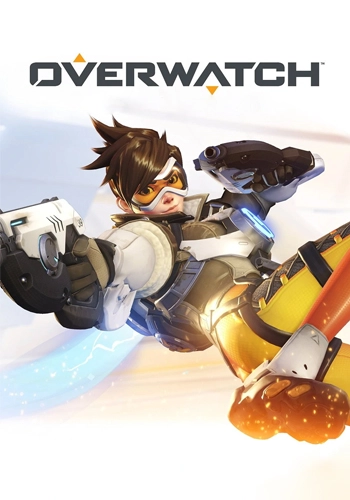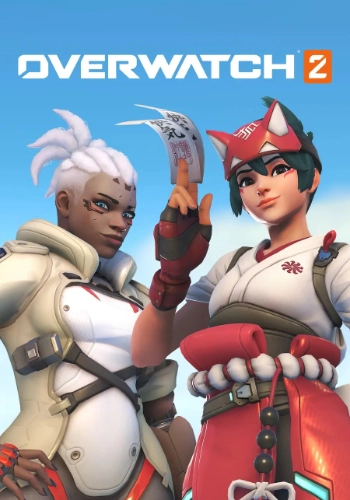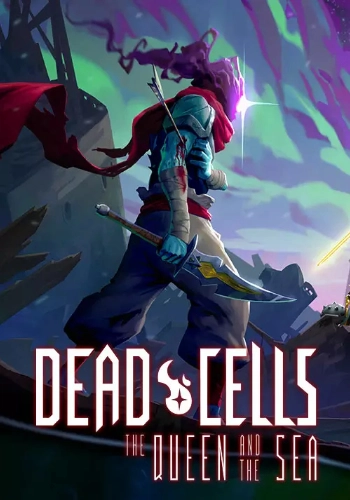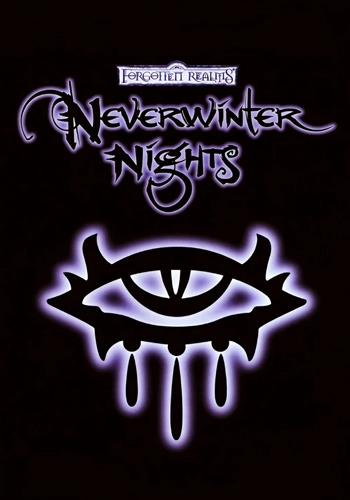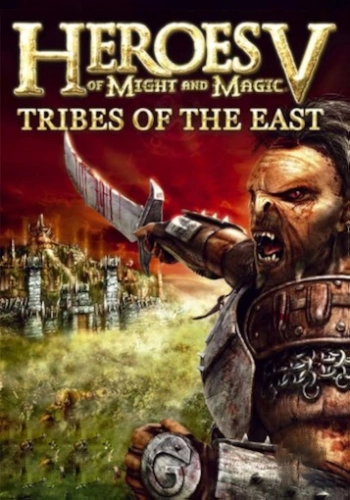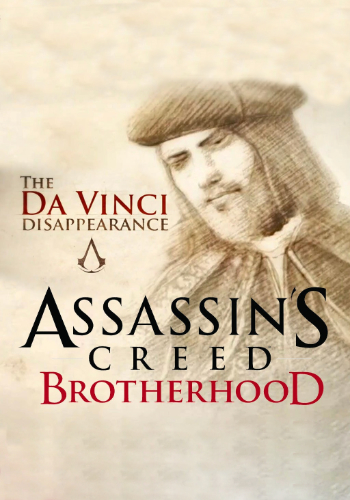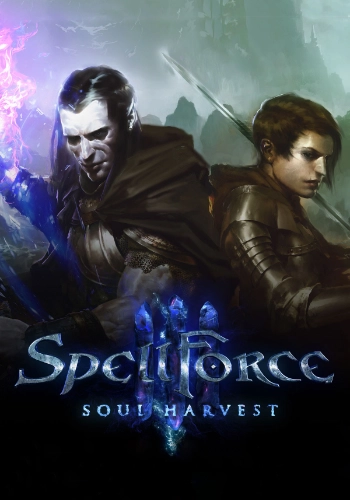Overwatch 2
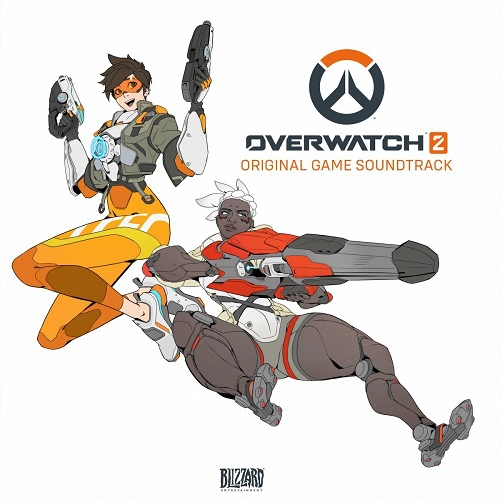
Overwatch 2
Composer(s): Adam Burgess, Adam Gubman, David Arkenstone, Derek Duke, Edouard Brenneisen, Jon Everist, Justin Welgraven, Mark Petrie, Neal Acree, Richard Jacques, Sam Cardon
Old strengths, new weaknesses
I don't want to go into detail here and vent my displeasure, so let me just say that my rating from December 3, 2022 would look a little different today. Instead, I want to check whether it was possible to build on the old glory days, at least on an acoustic level. After all, most Blizzard games were able to impress in the musical sector despite their poor standing and Overwatch is considered an orchestral experience for me.
The score
Right from the start, Overwatch 2 with A New EraAdam Burgess, Mark Petrie klar, dass uns kein Stilwechsel ins Haus steht. Erneut fahren Neal Acree gemeinsam mit Adam Burgess und diversen weiteren Komponist*innen ein Musikfeuerwerk ab, dessen 26 Tracks ganz im Zeichen großer Hollywood–Blockbuster stehen. Wieder hören wir dominante Bläser, wummernde Beats und eine Klangkulisse, wie man sie für gewöhnlich bei einem Superheldenfilm Marke Spider-Man: Into the Spider-Verse . Once again, the tracks can be divided into different clusters, in this case map and event themes, short and long cinematic pieces and others. And again, it's just fun to listen to!
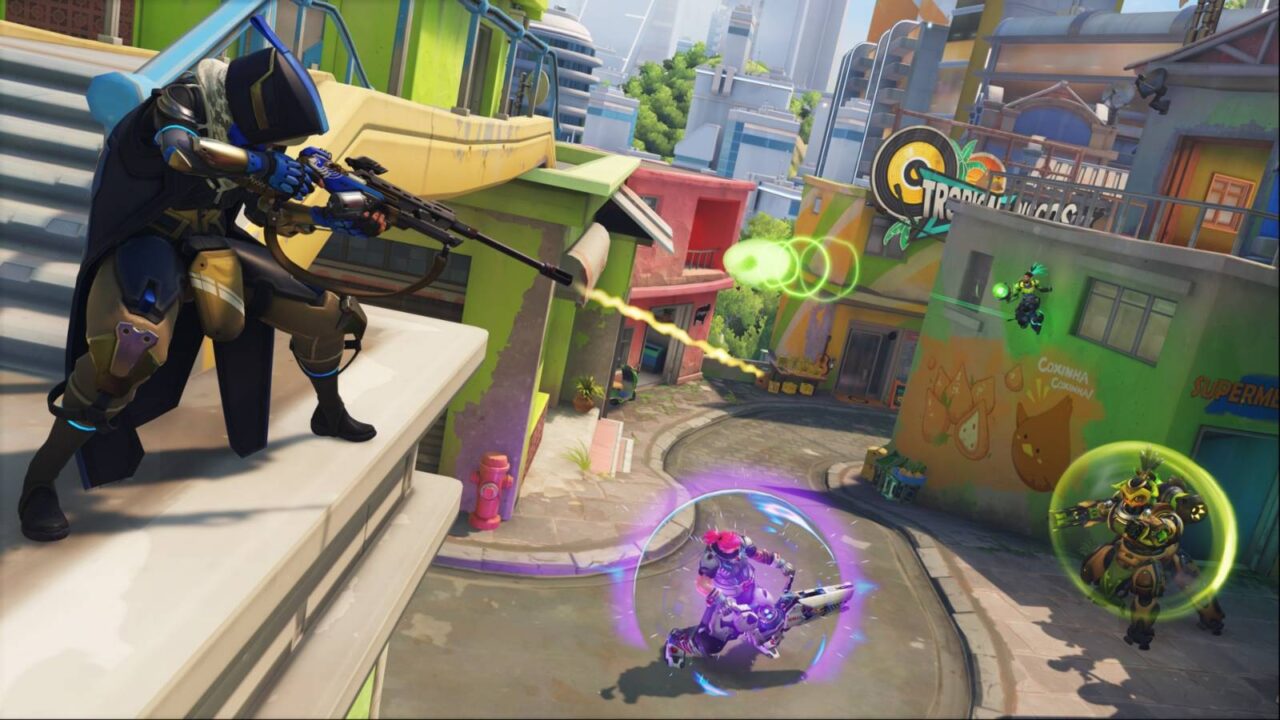
Basically, I can't tell you much that's new, even though many of the old themes unfortunately don't reappear. We Press onAdam Burgess, Derek Duke, Neal Acree is a slightly more upbeat version of the old Rally the Heroes, which plays at the start of the game, but apart from that, the soundtrack is free from the legacy of its predecessor. Sometimes this works better, sometimes worse. It's a shame, but understandable. And as the tracks still appear in Overwatch 2 today's players can still enjoy these masterpieces.
Even though the music is fundamentally similar to that of its predecessor, it is clear that Overwatch 2 has deviated somewhat from the orchestral heroic epic. More tempo, more beats, more experimentation. The score thus also reflects the changes in the game without denying its origins. However, due to nostalgia, I liked the original a little better. Overall, the score falls a little short of my expectations, which is not surprising given the exclamation mark that the OST of the predecessor represented. A listen is definitely recommended. Actually playing it? That's another story ...

